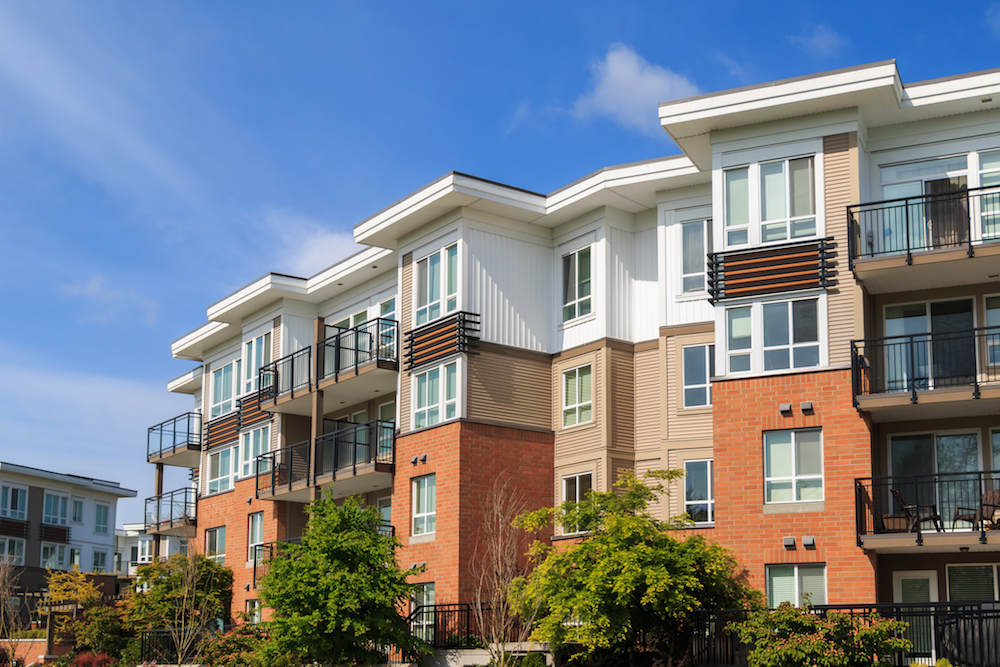What You Should Know Before Buying a Condo
If you’re thinking about buying a place of your own, condos can be a great choice for many different reasons. Whether you’re enticed by amenities that accommodate your lifestyle, the viability of owning a vacation home or the right size residence for retired living, condos may be the route to go. However, before you join the condo craze, there are a few key differences between buying traditional single-family residences and condos that you should know about.
Unlike buying a traditional single-family home, the approval process for purchasing a condo can be complex and requires additional paperwork and time. To help clear up the confusion surrounding condos, this is the first in a series of posts we will write that helps explain what you need to know before buying a condo.
In addition to taking a snapshot of borrowers’ financial situations, lenders also evaluate the financial health and current sale status of condo developments. In order to process a condo loan, borrowers must provide lenders with the condo’s certification, master deed, budget, bylaws and insurance policies. Based upon the evaluation of these documents, condos can fall into several categories. Here are the four most common categories:
Warrantable Condos
Warrantable condos are projects Fannie Mae and Freddie Mac consider favorable to finance in terms of their risk exposure. For the most part, these loans can be financed like a standard traditional single-family home with as little as 5% down. Examples of warrantable condos include projects that are fully completed, with 90% of units under contract to be sold and less than 15% of current owners delinquent on dues.
Unwarrantable Condos
Unwarrantable Condos are often newer, up-and-coming projects that do not meet Fannie’s and Freddie’s minimum eligibility standards. An unwarrantable condo can still be financed at a slightly higher interest rate by a fixed or adjustable rate portfolio loan, and typically requires a down payment of at least 20%. Examples of unwarrantable condos include projects that are not fully constructed, have higher dues delinquencies and have less than 90% of units under contract to be sold, with a large percentage of units being used as rentals.
Unfinanceable
Unfinanceable condos are those, which are considered too risky to finance. Most lenders will not finance this category of condos. However, there is a small chance that a lender will finance the loan at an extremely high rate under the terms that the borrower has a minimum of 50% down. Examples of unfinanceable condos include projects that consist of mostly commercial space, with one entity owning the majority of units, or a development that is attached to a hotel and has fragmented interest, such as a timeshare. Unfinanceable condos are also characterized by high levels of delinquencies and may be involved in litigation that affects the safety, soundness or structural integrity of the building.
FHA Approved Condos
Some condo projects are even approved by the department of Housing and Urban Development (HUD) for FHA financing. To find out if a particular condo development is FHA approved, check here. If the condo is approved, make sure to check the phases and units that are approved, as well as the expiration date.
While it’s obvious a new buyer would want to find a warrantable condo, some units may not always fall under this category (or be available). For this reason, it is imperative that you find an agent and a lender that will work with you to find a unit that meets your needs and survives the approval process.
Would you consider purchasing a condo? If so, what aspects of condos do you find charming and convenient?










